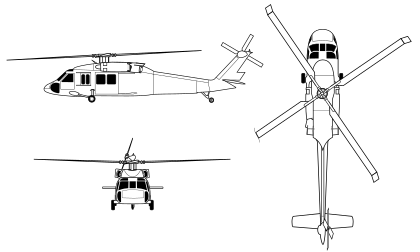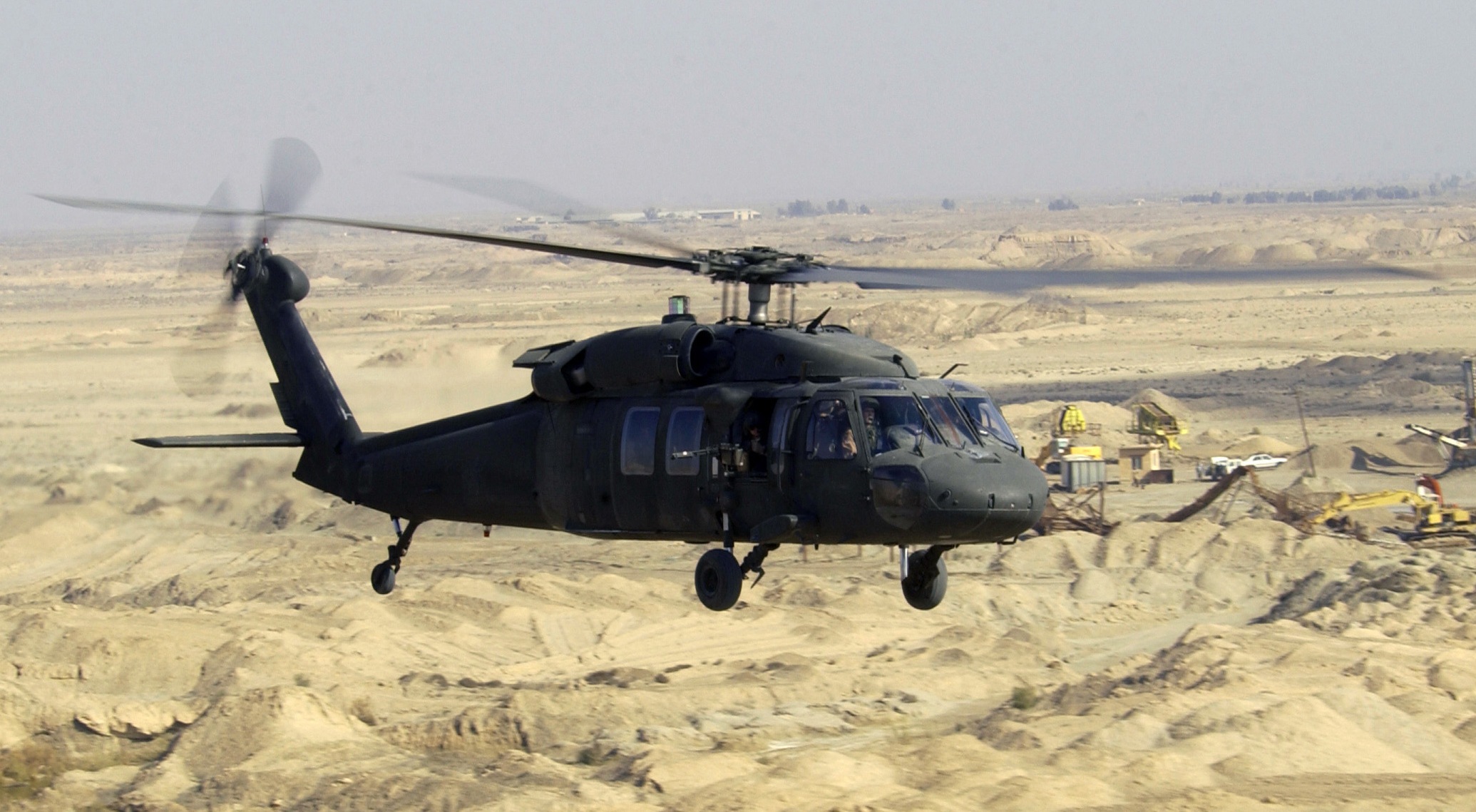Maintenance and Maintenance for UH 60 Helicopters
Maintenance and Maintenance for UH 60 Helicopters
Blog Article
The Effect of Sustainable Practices on the Future of Airplane Workflow and Emissions Decrease
As the aeronautics industry deals with boosting scrutiny over its ecological influence, the adoption of lasting methods arises as a vital pathway towards future aircraft operations and exhausts reduction. Technologies in lasting aeronautics gas and innovations in crossbreed propulsion innovations stand at the leading edge of this makeover, encouraging considerable decreases in greenhouse gas exhausts.

Overview of Sustainable Practices
Lasting methods in aircraft operations incorporate a variety of techniques targeted at reducing environmental effect while preserving functional efficiency. These techniques are essential in the aviation industry's dedication to decreasing its carbon footprint and adhering to international ecological standards. Key campaigns include maximizing flight paths to decrease fuel usage, improving maintenance methods to guarantee aircraft operate at peak performance, and implementing sophisticated modern technologies such as winglets and light-weight products that boost aerodynamics.

Involving and educating personnel on sustainability methods also play an important function, promoting a culture of environmental obligation within organizations. On the whole, the assimilation of these sustainable techniques not just assists lower emissions yet likewise boosts the long-term feasibility of the aviation industry, ensuring it meets the demands of both clients and regulatory bodies while adding to international sustainability objectives.
Ingenious Gas Alternatives
Numerous innovative gas alternatives are becoming essential options to decrease the air travel sector's reliance on traditional nonrenewable fuel sources. Among these choices, Lasting Aviation Fuels (SAFs) have gotten significant attention as a result of their potential to lower lifecycle greenhouse gas emissions by approximately 80% contrasted to traditional jet fuels. SAFs are stemmed from various feedstocks, including waste oils, agricultural deposits, and even algae, making them a flexible choice for the sector.
An additional encouraging option is hydrogen fuel, which, when utilized in gas cells, creates just water vapor as a by-product. Furthermore, electric propulsion systems are being checked out, leveraging battery innovation to power aircraft.
Finally, biofuels stemmed from biomass are being examined, using a sustainable option that can be mixed with traditional fuels. Jointly, these innovative fuel alternatives stand for a vital action towards accomplishing a lasting aeronautics environment, aligning with global exhausts reduction targets and improving the industry's environmental stewardship.
Technological Developments in Air Travel

Exactly how can technological improvements reshape the future of air travel? Technologies such as electric and hybrid propulsion systems are at the leading edge, promising significant decreases in gas usage and greenhouse gas discharges.
In addition, the execution of innovative materials, such as light-weight compounds, contributes to improved the rules of aerodynamics visit site and gas performance. Using synthetic knowledge and artificial intelligence in trip procedures maximizes course preparation and reduces fuel burn by making it possible for real-time modifications based upon weather condition and traffic conditions. Furthermore, the advancement of autonomous and remotely piloted aircraft systems stands to transform freight and traveler transport, possibly raising effectiveness while minimizing human mistake.
Furthermore, sustainable aeronautics innovations, consisting of sophisticated air web traffic administration systems, can reduce and enhance operations congestion, causing reduced exhausts during trip. These advancements jointly represent a paradigm shift in air travel, assuring a future where sustainability and operational efficiency are intertwined, consequently sustaining the market's commitment to decreasing its environmental effect.

Governing Structure and Conformity
Taking into account the expanding focus on ecological stewardship within the air travel market, the governing structure controling airplane operations is developing to advertise sustainable practices. Regulatory bodies, such as the International Civil Aeronautics Company (ICAO) and various nationwide aviation authorities, are introducing strict guidelines targeted at lowering emissions and improving operational performance.
These policies often consist of the adoption of Sustainable Air travel Fuel (SAF), which has actually been identified as a crucial component in accomplishing lower carbon footprints. Moreover, compliance with these guidelines requires airline companies to carry out functional practices and advanced modern technologies, such as maximized flight paths and boosted air web traffic management, to why not find out more reduce gas usage.
In addition, the enforcement of emissions trading systems and carbon offsetting initiatives is coming to be increasingly widespread, compelling airline companies to keep an eye on and report their discharges properly. Non-compliance can lead to significant charges, thus pushing drivers to prioritize sustainability in their organization designs.
Inevitably, the evolving regulatory landscape not only drives development and financial investment in environment-friendly innovations yet additionally promotes a culture of responsibility within the aeronautics industry. As these frameworks proceed to develop, the emphasis on lasting practices will be indispensable to achieving the market's long-lasting ecological goals.
Future Fads in Aircraft Procedures
As the aeronautics market adapts to a progressively rigorous regulative environment, future trends in aircraft operations are readied to concentrate on cutting-edge services that additionally improve sustainability and efficiency - uh 60. Trick growths will likely consist of the fostering of innovative air traffic management systems, which use real-time information and expert system to maximize flight paths, minimizing gas intake and emissions
One more significant trend is the enhanced combination of sustainable air travel fuels (SAFs) These options to traditional jet gas, acquired from eco-friendly resources, can significantly lower lifecycle greenhouse gas emissions. The industry's dedication to SAFs will likely increase as airlines collaborate with gas manufacturers to guarantee schedule and cost-effectiveness.
In addition, the press in the direction of electrification and crossbreed propulsion systems is getting energy. Emerging aircraft designs will certainly include these modern technologies, supplying quieter and extra reliable procedures, particularly for short-haul trips.
Conclusion
The adoption of lasting aviation fuels, coupled with improvements in electrical and hybrid propulsion systems, is crucial for minimizing lifecycle greenhouse gas emissions. Optimizing flight paths and embracing innovative technologies contribute to a quieter and extra ecologically pleasant aviation market.
Innovations in lasting aeronautics fuels and improvements in hybrid propulsion innovations stand at the center of this change, encouraging significant reductions in you can find out more greenhouse gas exhausts.Various innovative fuel alternatives are emerging as pivotal remedies to minimize the aviation sector's reliance on typical fossil gas - uh 60. Amongst these choices, Sustainable Aviation Gas (SAFs) have gotten considerable interest due to their possible to decrease lifecycle greenhouse gas exhausts by up to 80% contrasted to traditional jet gas.Another considerable fad is the boosted integration of sustainable aviation fuels (SAFs) The adoption of lasting air travel gas, combined with developments in hybrid and electric propulsion systems, is important for lessening lifecycle greenhouse gas emissions
Report this page